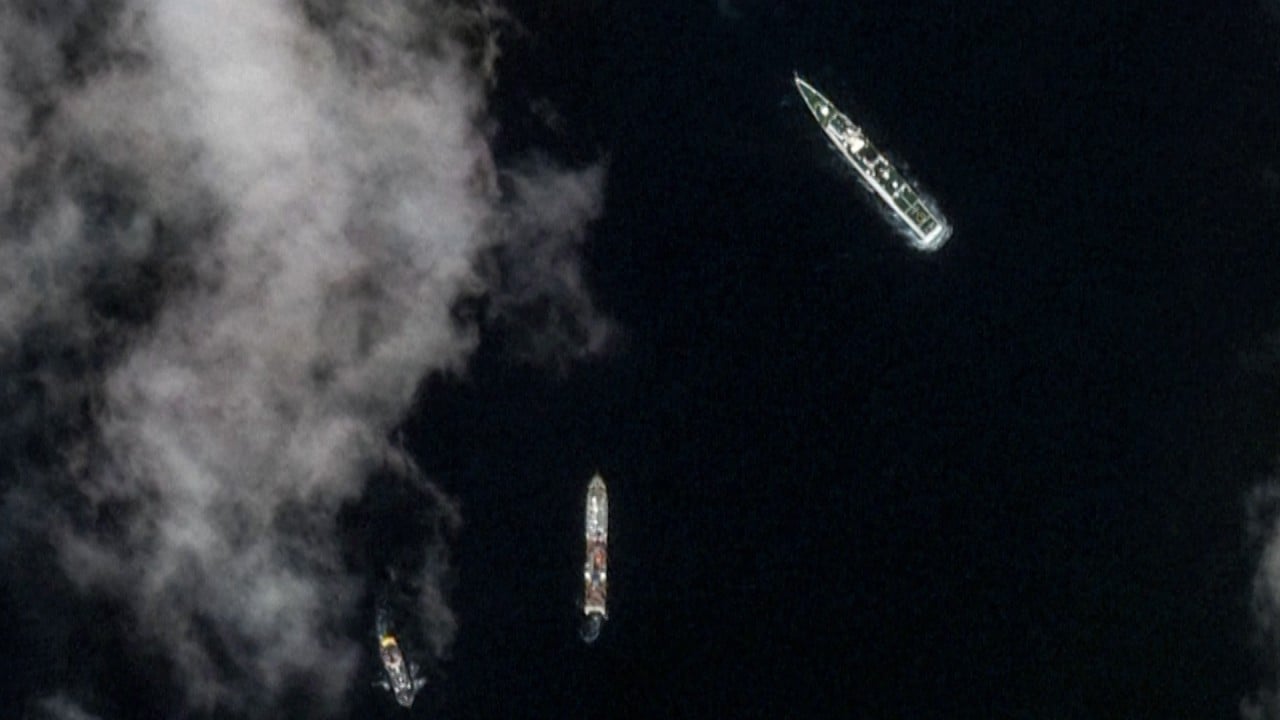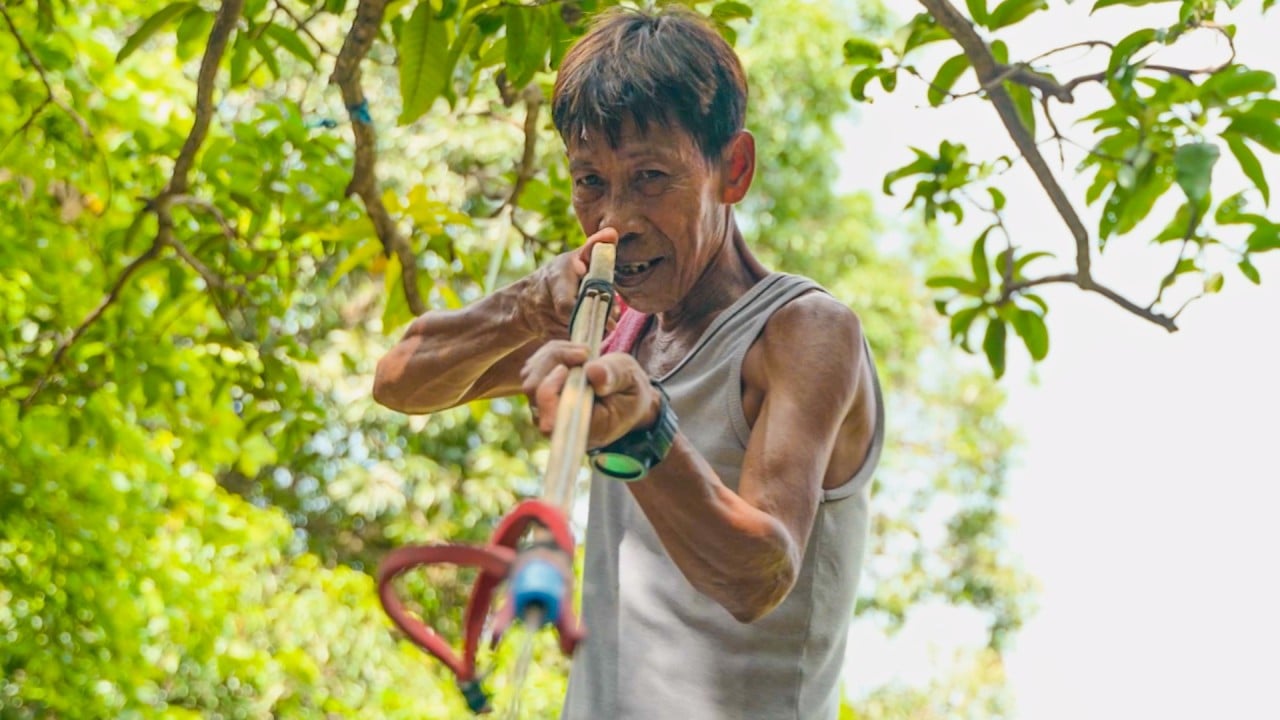Scarborough Shoal: China’s coastguard ‘defends rights’ as Philippine activists head to contested waters
“If the Philippine side abuses China’s goodwill and infringes on China’s territorial sovereignty and jurisdiction, China will safeguard its rights and take necessary countermeasures in accordance with the law,” Chinese foreign ministry spokesman Wang Wenbin said.
“The relevant responsibilities and consequences will be borne entirely by the Philippine side.”
Both countries claim the shoal and tensions between Beijing and Manila are running high over the disputed territory, where repeated confrontations, sometimes involving clashes between Chinese and Philippine ships, have deepened concerns of an armed conflict.
The shoal is a triangle-shaped chain of reefs and rocks that used to be a common fishing ground for China, Vietnam and the Philippines, and has been controlled by China since 2012.
But in May 2016, the Philippines said fishermen were allowed to fish freely in the disputed waters and were not experiencing harassment from the China Coast Guard. Observers at that time said the policy change was part of Beijing’s attempt to improve ties with incoming president Rodrigo Duterte.
Six months later, following a meeting with Chinese President Xi Jinping in Peru in November, Duterte’s office said the Chinese leader had agreed that the Philippine fishermen would “continue to have free access to their traditional fishing grounds, apart from offering them training such as in fish culture to sustain their livelihood and families”.
On Wednesday, Wang, from the Chinese foreign ministry, said that under “a goodwill arrangement” made in 2016, “a small number of Filipino fishermen were allowed to carry out normal fishing operations” in the waters near Scarborough Shoal.
“Meanwhile, China would manage and supervise the relevant activities of the Philippine fishermen in accordance with the law,” he said.
Meanwhile, Beijing is pursuing outreach with other Southeast Asian nations.
In a meeting on Tuesday with Erywan Yusof, the foreign minister from Brunei – another rival claimant – China’s top diplomat Wang Yi called on countries in the region to work together to accelerate negotiations to “for the early conclusion” of the long-delayed code of conduct for the South China Sea.

